In an effort to enhance the educational outreach of their Starlink constellation, SpaceX has an interactive global map of their Starlink internet satellites, which provides live coverage of every satellite in orbit around the Earth.
Category: internet – Page 59
What’s next for generative video
A number of companies are racing to make a business on the back of these breakthroughs. Most are figuring out what that business is as they go. “I’ll routinely scream, ‘Holy cow, that is wicked cool’ while playing with these tools,” says Gary Lipkowitz, CEO of Vyond, a firm that provides a point-and-click platform for putting together short animated videos. “But how can you use this at work?”
Whatever the answer to that question, it will probably upend a wide range of businesses and change the roles of many professionals, from animators to advertisers. Fears of misuse are also growing. The widespread ability to generate fake video will make it easier than ever to flood the internet with propaganda and nonconsensual porn. We can see it coming. The problem is, nobody has a good fix.
As we continue to get to grips what’s ahead—good and bad—here are four things to think about. We’ve also curated a selection of the best videos filmmakers have made using this technology, including an exclusive reveal of “Somme Requiem,” an experimental short film by Los Angeles–based production company Myles. Read on for a taste of where AI moviemaking is headed.
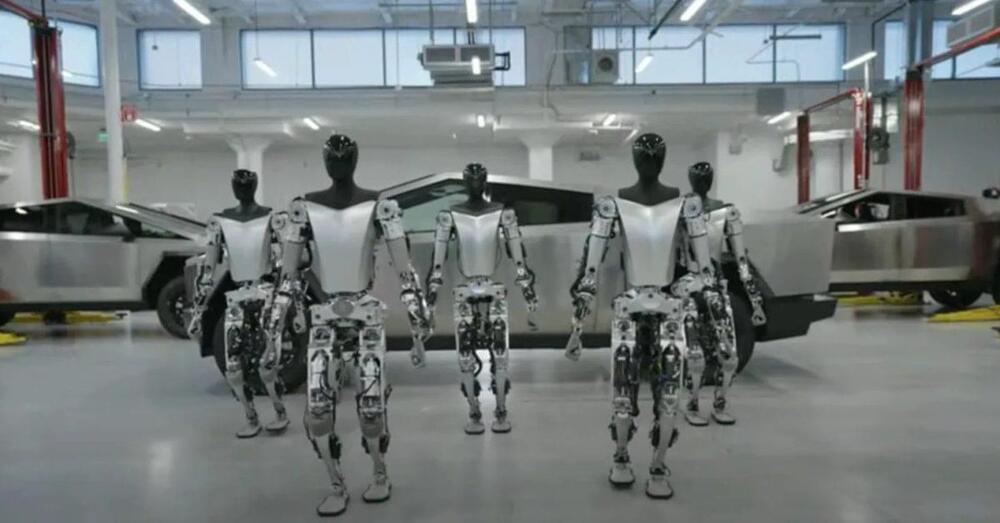
Tesla wants to bring ‘private 5G’ to its EVs and Optimus robot
Tesla is working on “private 5G” infrastructure to be connected to its electric vehicles and Optimus robot.
The automaker was early in including internet connectivity in all its vehicles. There were many reasons for this. It enabled over-the-air software updates and connectivity features, and it also allowed Tesla to collect a lot of data.
Tesla started with 3G connectivity and later updated to 4G LTE, but now, we learn that the automaker is looking to upgrade to 5G.

Here’s why AI search engines really can’t kill Google
But the thing you have to understand about a search engine is that a search engine is many things. For all the people using Google to find important and hard-to-access scientific information, orders of magnitude more are using it to find their email inbox, get to Walmart’s website, or remember who was president before Hoover. And then there’s my favorite fact of all: that a vast number of people every year go to Google and type “google” into the search box. We mostly talk about Google as a research tool, but in reality, it’s asked to do anything and everything you can think of, billions of times a day.
The real question in front of all these would-be Google killers, then, is not how well they can find information. It’s how well they can do everything Google does. So I decided to put some of the best new AI products to the real test: I grabbed the latest list of most-Googled queries and questions according to the SEO research firm Ahrefs and plugged them into various AI tools. In some instances, I found that these language model-based bots are genuinely more useful than a page of Google results. But in most cases, I discovered exactly how hard it will be for anything — AI or otherwise — to replace Google at the center of the web.
People who work in search always say there are basically three types of queries. First and most popular is navigation, which is just people typing the name of a website to get to that website. Virtually all of the top queries on Google, from “youtube” to “wordle” to “yahoo mail,” are navigation queries. In actual reality, this is a search engine’s primary job: to get you to a website.
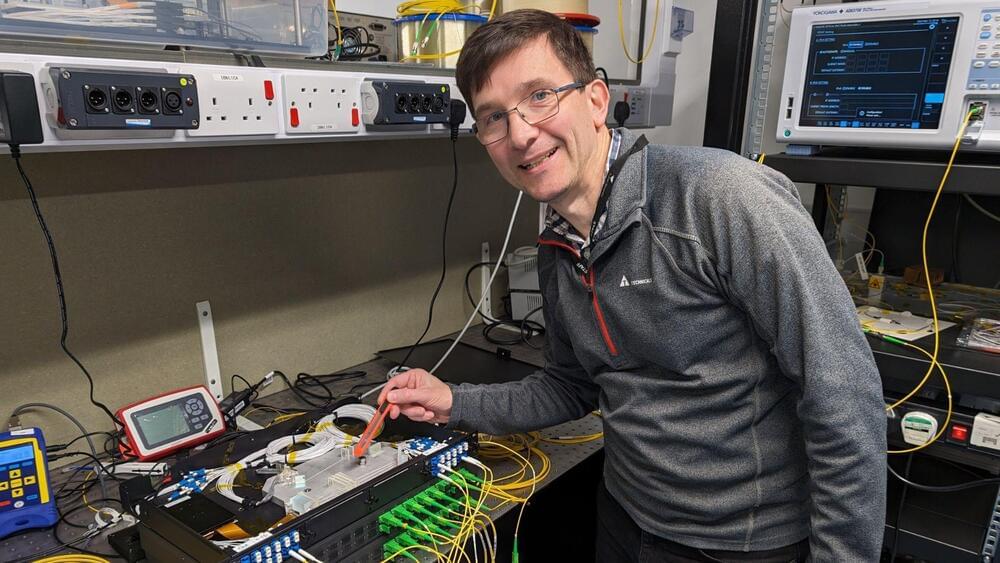
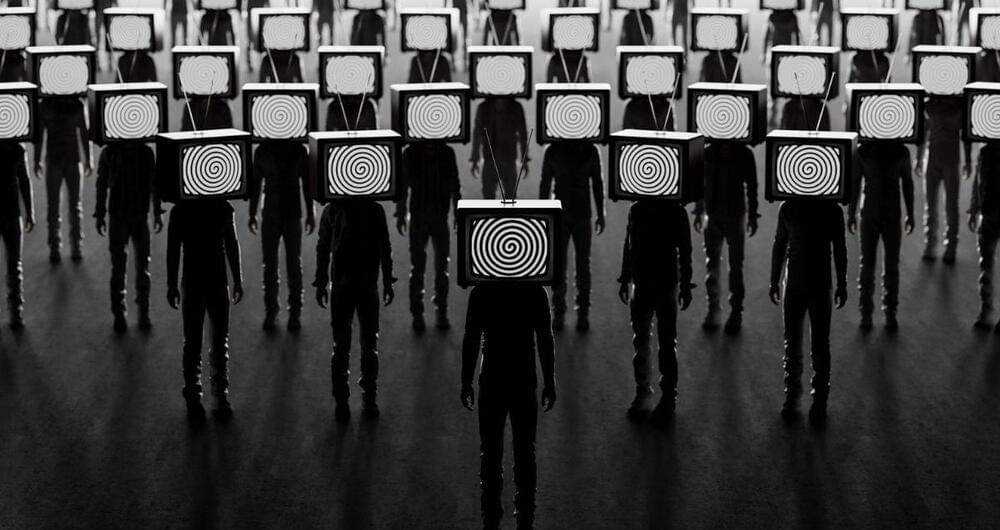
Predicting and Controlling Bad Actor Artificial Intelligence
This article includes computer-generated images that map internet communities by topic, without specifically naming each one. The research was funded by the US government, which is anticipating massive interference in the 2024 elections by “bad actors” using relatively simple AI chat-bots.
In an era of super-accelerated technological advancement, the specter of malevolent artificial intelligence (AI) looms large. While AI holds promise for transforming industries and enhancing human life, the potential for abuse poses significant societal risks. Threats include avalanches of misinformation, deepfake videos, voice mimicry, sophisticated phishing scams, inflammatory ethnic and religious rhetoric, and autonomous weapons that make life-and-death decisions without human intervention.
During this election year in the United States, some are worried that bad actor AI will sway the outcomes of hotly contested races. We spoke with Neil Johnson, a professor of physics at George Washington University, about his research that maps out where AI threats originate and how to help keep ourselves safe.
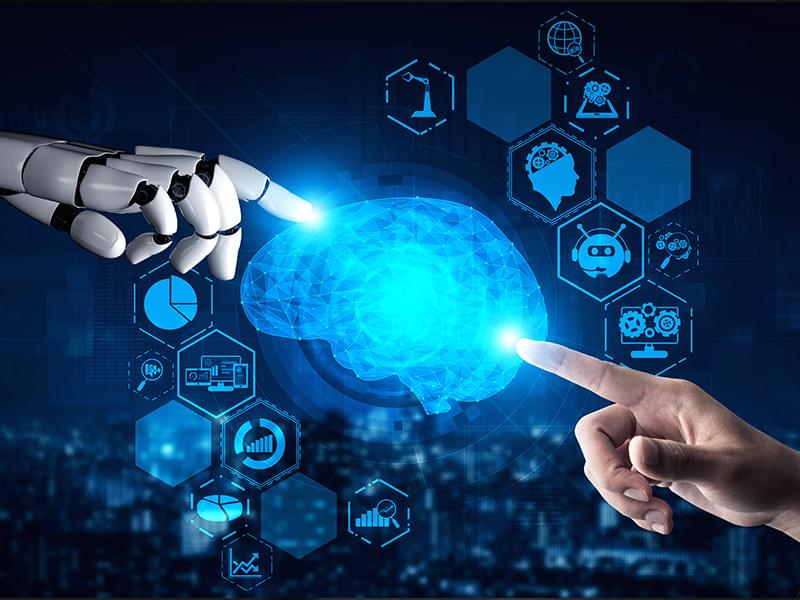
Explained: AlterEgo—a Device With Which You Can Communicate With Machines With The ‘internet In Your Head’
This article is almost a year old, yet still wildly interesting.
An MIT scientist developed a wearable BCI device that allows users to access the internet with their minds.
The wearable device records neural signals as and when a person hears or thinks of words.
Arnav Kapur, an India-born MIT student, has invented a device which can let you converse with machines and AI without speech, simply by ‘articulating words internally’
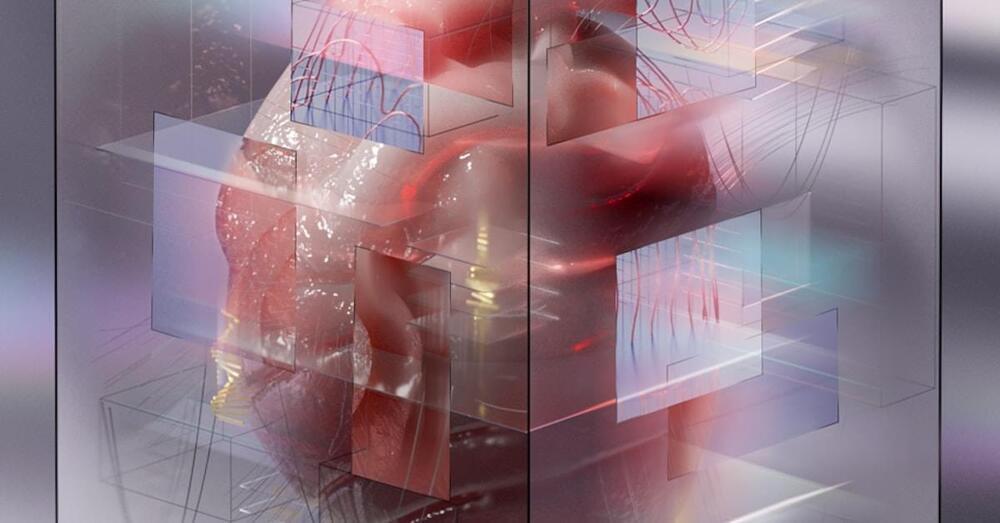
A Digital Twin Might Just Save Your Life
In the last decade, thanks to advances in AI, the internet of things, machine learning and sensor technologies, the fantasy of digital twins has taken off. BMW has created a digital twin of a production plant in Bavaria. Boeing is using digital twins to design airplanes. The World Economic Forum hailed digital twins as a key technology in the “fourth industrial revolution.” Tech giants like IBM, Nvidia, Amazon and Microsoft are just a few of the big players now providing digital twin capabilities to automotive, energy and infrastructure firms.
The inefficiencies of the physical world, so the sales pitch goes, can be ironed out in a virtual one and then reflected back onto reality. Test virtual planes in virtual wind tunnels, virtual tires on virtual roads. “Risk is removed” reads a recent Microsoft advertorial in Wired, and “problems can be solved before they happen.”
All of a sudden, Dirk Helbing and Javier Argota Sánchez-Vaquerizo wrote in a 2022 paper, “it has become an attractive idea to create digital twins of everything.” Cars, trains, ships, buildings, airports, farms, power plants, oil fields and entire supply chains are all being cloned into high-fidelity mirror images made of bits and bytes. Attempts are being undertaken to twin beaches, forests, apple orchards, tomato plants, weapons and war zones. As beaches erode, forests grow and bombs explode, so too will their twins, watched closely by technicians for signals to improve outcomes in the real world.

SpaceX to sell satellite laser links that speed in-space communication to rivals
WASHINGTON, March 19 (Reuters) — SpaceX has started selling satellite lasers, which are used for speedy in-space communications, to other satellite firms, company President Gwynne Shotwell said at a conference on Tuesday.
SpaceX’s thousands of Starlink satellites in low-Earth orbit use inter-satellite laser links to pass data between one another in space at the speed of light, allowing the network to offer broader internet coverage around the world with fewer ground stations.
Shotwell, speaking on a panel at the Satellite industry conference in Washington, said SpaceX as a supplier will sell that technology to other companies.
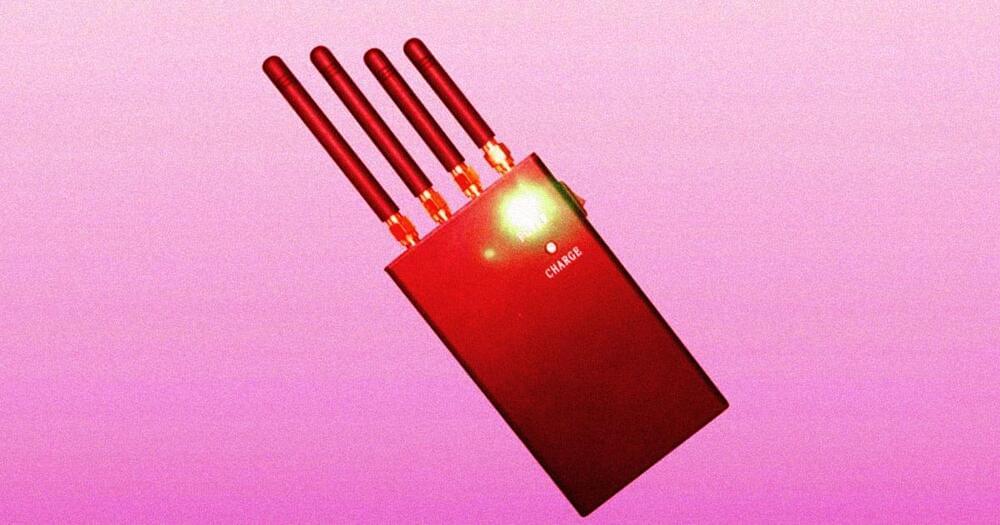
Clever Thieves Using WiFi Jammers to Shut Down Those Crappy Security Cameras You Bought on Amazon
The Los Angeles Police Department is warning residents that burglars are using WiFi jammers to easily disarm “connected” surveillance cameras and alarms that are available for cheap on marketplaces like Amazon.
As LA-based news station KTLA5 reports, tech-savvy burglars have been using WiFi jammers, which are small devices that can confuse and overload wireless devices with traffic, to enter homes without setting off alarms — a worrying demonstration of just how easily affordable home security devices from the likes of Ring and Eufy can be disarmed.
As Tom’s Hardware reported last month, instances of WiFi jammers being used by criminals go back several years. Jammers are not only easily available to purchase online, they’re also pretty cheap and can go for as little as $40.